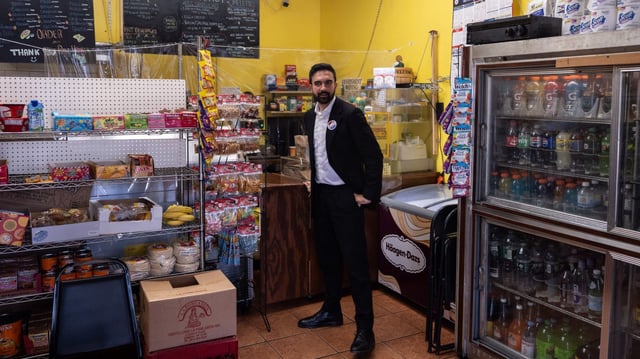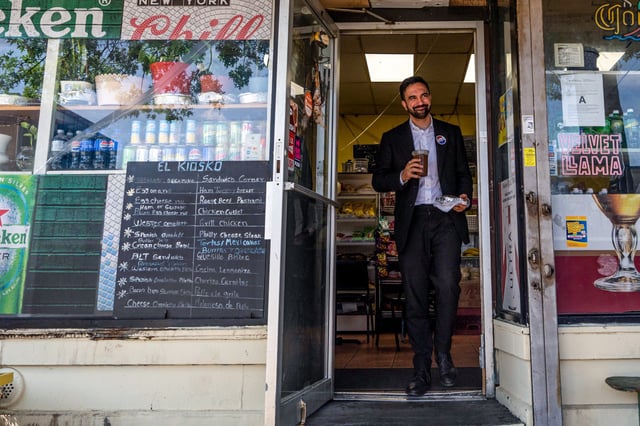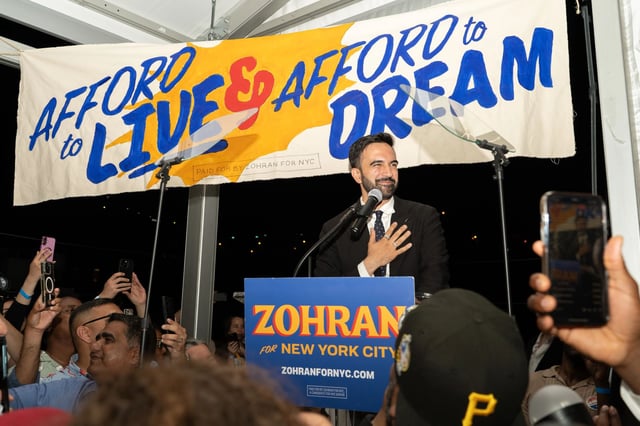Overview
- The proposal currently lacks detailed operational and financial plans, leaving questions about cost estimates and governance structures unanswered.
- Mamdani says he will use $140 million from corporate grocery subsidies to fund the stores, but critics argue that pool of public money does not exist.
- Major grocers and industry associations, led by John Catsimatidis and Rafael Garcia, label the idea as oppressive socialism that threatens independent bodegas and supermarkets.
- Supporters point to smaller U.S. experiments in Saint Paul, Kansas, and a Chicago feasibility study as evidence that publicly owned grocery stores can succeed.
- The debate underscores a wider struggle over municipal intervention versus market-based strategies to fight food deserts and soaring grocery prices.



